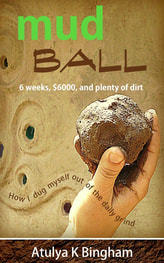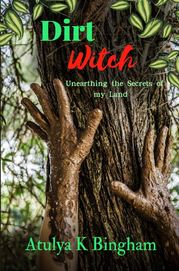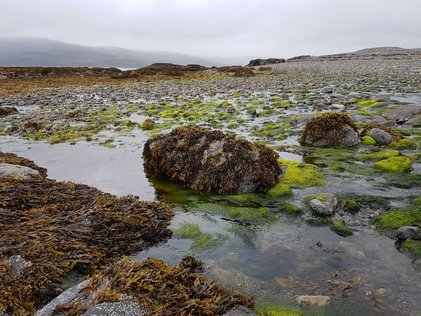 It was but a few days ago. I was huddled on a small boat tethered to a jetty on the Scottish island of Mull. The weather was amazing in its sogginess. Mostly it rained. And when it wasn’t raining another strange kind of element would descend. A freezing gloop that swallowed the mountains whole and turned skin into cold slime. It was well into the month of June, but I still had my woolly hat on. “Is this normal?” I asked the small lady next to me as we rose and sank with the waves. She chortled, and a few freckles disappeared into creases. “Oh I thought the weather was quite a good,” she said. I blinked and wondered what on Earth she could mean. Back in Turkey no one would have even got out of bed on a day like today, never mind stepped on a boat. Even if it was to see puffins. Oh the puffins! The puffins! But more about those in a moment. Now, you may at this juncture rightly be wondering what I’m doing in Scotland. Wasn’t I in Portugal? Well, yes. But the Atlantic has pulled me northwards. First it dragged me back to northern Spain, to Galicia, Asturias and Cantabria. From there I boarded a ferry to the UK. And then I drove further north again. What is this calling? I don’t know. Is it the Celts? Or is it the ocean itself, the fresh, cool smell of which bewitches me? While the Mediterranean is a cultured sea. A sea of trade, art and thought, the Atlantic feels ancient. Wild. Stuffed with seals, whales, and semi-crazed mariners with matted, white beards. It’s a mist-cloaked hide upon which a thousand myths are written. And in which a thousand spells have been cast. No wonder then that the puffins live here too. Squeezing myself out from my chair, I trotted up to the wheelhouse of our boat. The glass was spattered with drips, and through them I spied a grey speckled hump of rock approaching. I marveled at our group of weathered day-trippers, hoods pulled down, a platoon of multi-coloured Gore-Tex battling the elements. Giant telephoto lenses and binoculars swung from necks and shoulders. These were serious bird watchers and wildlife photographers. People on a mission. Now, it’s a rare day I’ll join a group. There has to be something very special out there to compel me to share a floating cupboard with thirty people... “Ladies and gents, here we are. Lunga of the Treshnish Islands.” Our skipper spoke with weary authority as he pulled into the beach. His first mate leapt ashore, rope in hand. “When you get o’ the boat, walk up the steps. We always recommend you carry on walking to the end o’ the path to see Harp Rock. But no one ever listens to us. They see the puffins, and become somehow hypnotised…Mesmerised…Puffinised...” I thought he was joking. Once off the boat, I picked my way over boulders, gaping at the landscape. Lunga was a mysterious, fog-shrouded place, stuffed full of barnacles and limpets. The rocks grew green hair. You slipped on it wherever you trod. One by one we stumbled and skidded over the shore. I stared at the pools of cold water beside me churning with brown vipers of seaweed. And I shivered. Single file, we all clambered up the muddy path. The sky drifted over us, and it began to pour with rain once again. There was some huffing and murmuring. Then suddenly we reached the top of the bluff. And we all became quiet. Silent in fact. There lining the precipice were rows and rows of orange and red patterned beaks. Some poked out of burrows. Others gripped grass or sand eels. The beaks turned toward us. They twittered excitedly. The puffins didn’t fly away. They weren’t bothered by us at all. On the contrary, I got the distinct impression they were rather pleased to see us. Many birds flew in from the sea, landing much as I might if I grew a couple of stumpy wings and hurled myself from a precipice. Others strutted to and fro like tiny waist-coated butlers. I fell onto the sopping ground. And just as the skipper had predicted I was mesmerised. Everyone was. No matter that the grass was soaking, the air freezing. No matter that our clothes were now streaked in mud. The puffins had us rapt. Eventually, I remembered the wise old skippers’ words about the Harp Rock. Up yonder. With a groan and a stomp, I tore myself from the puffin ledge and continued along the path. And that was when things turned sour. As I slid along the escarpment the talons of a black thought appeared through the wet air. They curled and clawed at me. Puffins are a vulnerable species. A terrible regret gripped my heart. We had to be disturbing these dear little birds. How could we not be? Just because they looked like they weren’t bothered by us, didn’t mean they weren’t. And after us, more damn tourists would follow. And more. Until... The further along the path I walked, the more upset I became. The talons scratched at my conscience. I hate humans, I thought. We are nothing but a bunch of selfish, destructive arseholes. Our curiosity is killing the puffins! We are wrecking their peace and quiet. Tramping all over their habitat. How could I have come here and participated in this? Suddenly, a cacophony of squawking drowned my thoughts. I had reached Harp Rock. There it jutted from the water like an enormous raptor’s tooth. But it was ablaze with so many birds as to be invisible. Kittiwakes, guillemots, razorbills, shags, and puffins all squawked and screeched and zipped about it. The air was a vapour of birds. A mighty wind shoved up the sheer cliff edges, and for a moment the rain backed off. As I stood gaping in amazement at this storm of winged bustle, I watched the puffins scuttling into their burrows. They were more timid here, with none of the comfortable prancing of the puffins back at the beginning. These were jumpy, alert. Eventually, I turned back. As I skidded along the oozing track, I wondered if this charming bird would survive us. Back at the main puffin ledge, just beneath another leaden belt of precipitation, I spotted Lunga’s warden. He was a young chap shrouded in a navy blue sou’wester, and was cheerily impervious to the never-ending rain. Sitting on the grass next to him, metres from the puffins, I spoke up. “Aren’t we disturbing them?” I said. “Do you think we should be up here?” The warden turned to me and grinned. “No. They like us.” I sighed somewhat exasperated. “How do you know that though?” “Well, every year the scientists come here. They stay for a month in huts over there and tag the birds. What they’ve noticed is that the breeding rate of these puffins on this ledge, the one where all the visitors come, is far higher than anywhere else on the island.” My mouth fell open. “Why?” “They don’ really know. But one guess is, it’s because we’re keepin’ predators away that would otherwise eat their chicks. So they feel safer.” I sat for a moment, a thousand light bulbs popping on in my brain. And I was once again reminded of my lizards on Mud Mountain. And the animals at Tamera. Because these puffins exhibited exactly the same relaxed behaviour. The same confidence. The same apparent will to interact with us, communicate with us. And it was, I kid not, at that moment that three puffins walked right up to me and began touching beaks. Another ruffled its feathers and jumped out of its burrow to watch. “Bottom line is they wouldn’t breed more if they were disturbed. S’far as I know, no puffin on this ledge has ever been harmed by a human, so maybe they’ve worked out we’re safe,” said the warden. “I’m the last out of here at night. When everyone’s gone, the puffins are no’ like this. They don’t hang around outside showin’ off. They’re either hidin’ in their burrows, or out at sea. And when they see the first boat of the day comin’ they all fly in from the water in a mad flurry. It’s really funny.” The young man chuckled and pulled his hood down a little as the rain drove in. “Do you think they’re acting up to us, to get us to stay?” “Could be. They’re really clever. But I think they’re also curious about us, like we are about them,” he concluded. A puffin began strutting in my direction, eyes on me. Then it turned and stopped next to a woman nearby. The small bird hung about her feet, rainbow beak twitching up and down, stepping closer and closer. And just like that the darkness lifted from my world. Because I realised the puffins saw us humans in a very different light than I did. And perhaps these charismatic little birds have a point. Though we may currently be in the grip of a dramatically destructive, self sabotaging psychology, humans are not actually congenital parasites. We have the capacity to be it all. To choose. To create not just our destinies, but our very selves. And when humans choose the role of guardian over exploiter, when they choose to connect with their environment on an emotional level rather than try to control it, when they opt for balance over greed, nature responds very fast. And it is wonderful to watch. Slowly I stood up. I could see our boat heaving over the teal waves toward the shore. And I walked towards it. Like everyone else, I was grinning from ear to ear, utterly puffinised. More Atlantic Puffin facts:
1. Atlantic puffins nearly always stay with the same mate for life. Both meet back at the same burrow year after year, and they share the egg incubation and hunting duties. 2. Some puffins don’t join in the mating game and stay single forever. You may or may not be surprised to learn these puffins live longer than the other mating puffins. 3. Puffins can be very old. Some reach over 30 years of age! 4. Atlantic puffins are quite capable of digging their own burrows, but if they find some other animal (rabbits for example) to do the heavy work for them, they’ll happily move in to these burrows and refurbish them instead. 5. Despite looking highly unaerodynamic, the puffin can fly up to 55 mph. It achieves these speeds by flapping its wings frantically (400 times per minute). I always enjoy your comments, so feel free to add them.
17 Comments
Andrew Bruce McDonald
26/6/2017 07:41:35 pm
Lovely. Did you see my kith and kin up there? He's an old fisherman with a shaggy grey calico beard, rag-wool sweater, smoking a pipe, small fishing boat?
Reply
Atulya
26/6/2017 09:53:04 pm
Oh, that was who it was:))
Reply
Jan Zandvoort
27/6/2017 08:11:57 am
Hi Atulya, you do get about, from down South to up North!! What made you decide to go to Scotland? Nice reciprical (hope spelled it right) roof, have you been to Tony Wrench in Whales, he's got the most amazing round house, almost as nice as yours in Turkey which has a more feminine touch. Nice reading also about those lovely Puffins!! Thanks again for the update. Warm regards, Jan.
Reply
Atulya
28/6/2017 01:43:04 am
Don't think I'm going to make Wales this volume round...but who knows? Ah yes Tony Wrench is something of a guru.
Reply
Hazel Hobbs
27/6/2017 11:21:30 am
Thank you for your sharing. I love puffins and I love Western Scotland - but I prefer the weather here in Turkey!
Reply
Atulya
28/6/2017 01:44:43 am
Ha ha. I Don't know, it's wonderful to see so much water having lived so long without.
Reply
Mary Cutler
27/6/2017 10:53:46 pm
Beautifully written piece Kerry. When we went to Mull the sun shone every day, and we sat out in t-shirts into the long evenings!
Reply
Atulya
28/6/2017 01:46:29 am
You were lucky! On the bright side I haven't seen many midges other than stuck to my windscreen.
Reply
Daniela
28/6/2017 12:50:55 am
Lovely birds! I liked your comment about how people in Turkey wouldn't bother to get out of bed at weather like that :)) same can be said for folk in Dalmatia, we are so spoiled! We do get our fair share in freezing winter winds and sudden storms like in Turkey, but...hey, you know, I spent the day with kids at the most beautiful beach and the cleanest sea on Earth just 15 minutes car drive away ;) I remember not going to my gym class in secondary school which was held in opposite shift, because it was raining :) This behavior proved not to be practical when I moved to London and waited for a rain to stop to go sightseeing...:) This is a good example and reminder that people and animals as well, live everywhere in the world and adapt. That is the most wonderful thing. And for the bold and curious person, most tempting as well;) Just remember you can't grow aubergines and tomatoes that far north... Honestly, I cant wait to see where are you going to land!!! It will be fantastic!
Reply
Atulya
28/6/2017 01:48:48 am
Yes I agree. We wouldn't do anything if it rained. I always saw it as a chance for a day off:) But as you said, we adapt fast. Ah I'm homing in on my spot. It's right there in my heart😁
Reply
Rick
28/6/2017 03:38:59 am
Good to hear from you again Atulya. Sorry about your laptop but I hope all is well in that regard once more.I grew up on the coast of the U.S. Pacific Northwest and we quickly learn that you must get out into the rainy weather or you will never get anything done and you will miss much of the good life as well. However, I DO understand different comfort levels too. : 0)
Reply
Sandi Berumen
29/6/2017 09:50:50 am
Rick,
Reply
Atulya
29/6/2017 10:58:26 am
Thank you Rick. Sea dragons...nice image. I like moving into different spaces, cultures and climates for that reason. It fascinates me how quickly something that was once alien becomes familiar. And I'm actually enjoying the rain after so long without. Take care now.
Reply
Nukhet
28/6/2017 09:12:05 pm
What a journey. Loved reading it, one minute thought I was there. Thank you for sharing . 💛
Reply
Atulya
29/6/2017 10:59:36 am
Nukhet! Nice to hear from you. Hope you are well.
Reply
Sandi Berumen
29/6/2017 10:41:43 am
Atulya
Reply
Atulya
29/6/2017 09:11:14 pm
Oh beautiful words about the sea Sandi. So true. It's the mystery of it. The unknown. Its power and depth. The new era is coming soon. I can feel it.
Reply
Leave a Reply. |
Atulya K BinghamAuthor and Natural Builder. Many thanks to the patrons sustaining this site on Patreon.
Dirt Witch is now out in ebook and paperback.
"This is such a compelling book. It will make you want to abandon everything you know, move to the forest and commune with the trees and earth." Luisa Lyons, actor, writer and musician.
"Inspiring and beautifully written."
The Owner Builder Magazine. Archives
May 2018
Categories
All
|

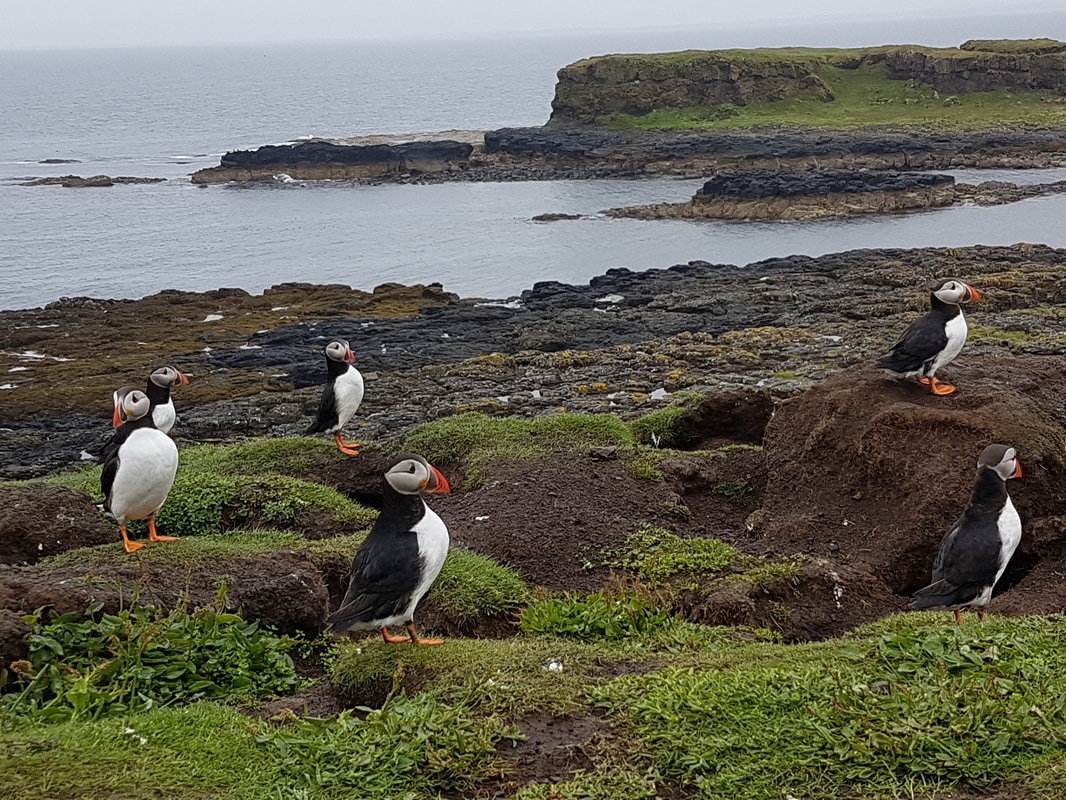
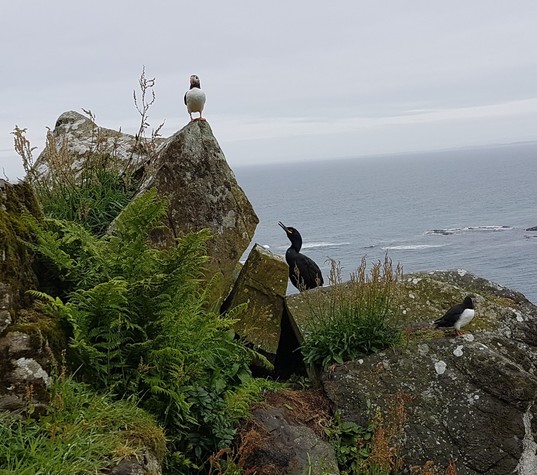
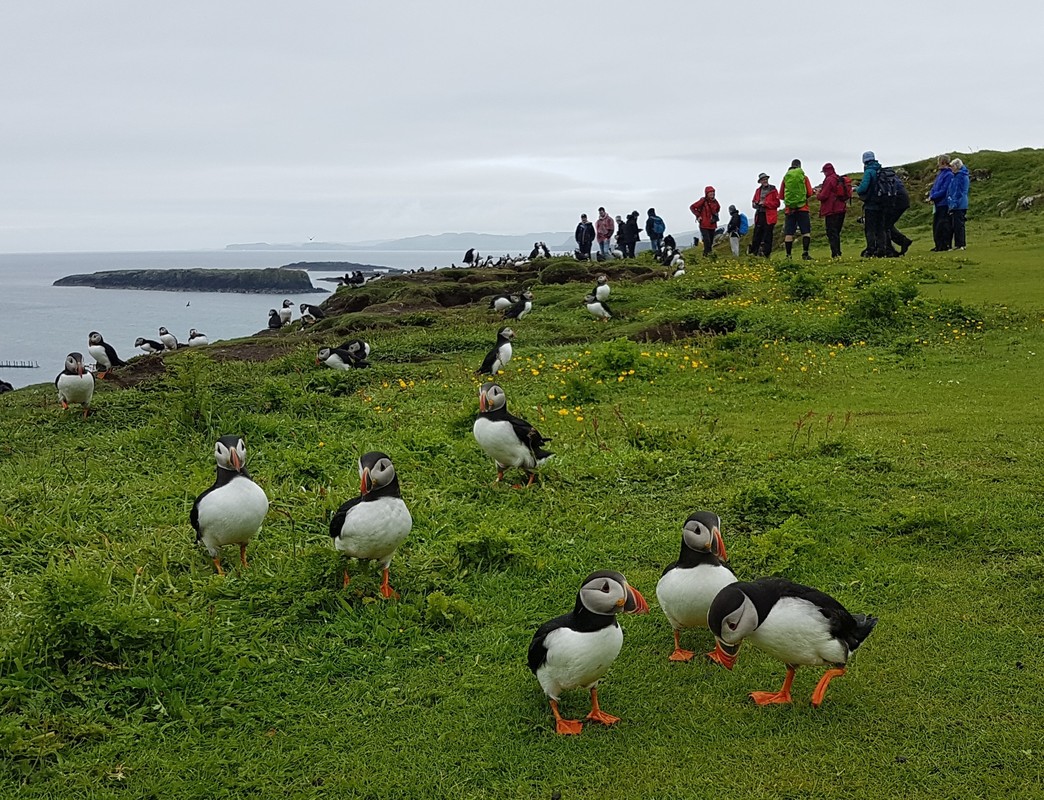

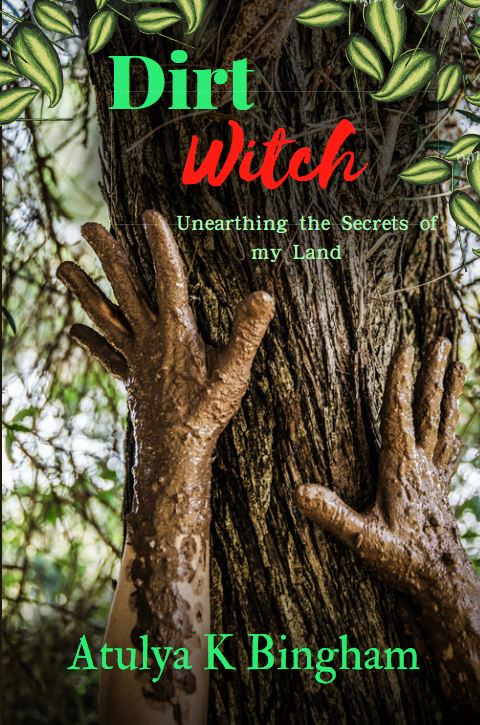
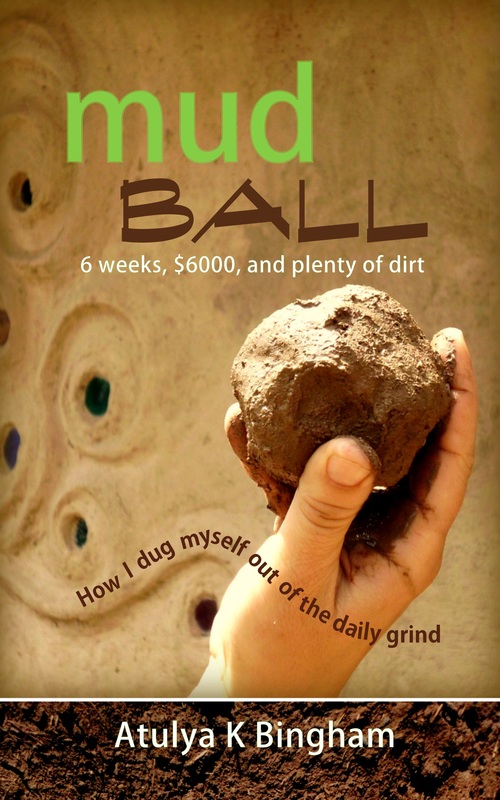
 RSS Feed
RSS Feed
